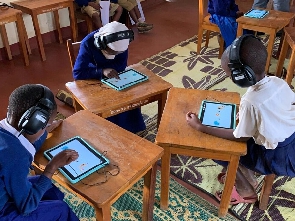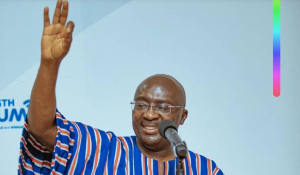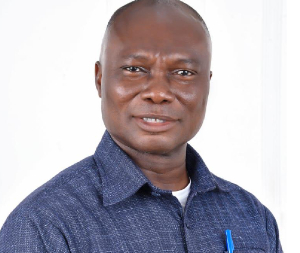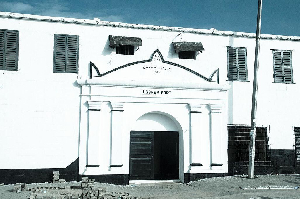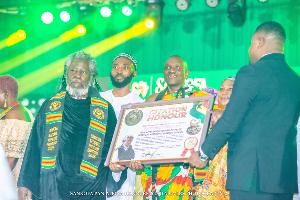Assistive technology encompasses a variety of tools, devices, software, or systems aimed at enhancing the abilities of people with disabilities, enabling them to perform tasks more easily or access information effectively.
Examples include screen readers for visually impaired individuals, wheelchairs for mobility support, and speech recognition software for those with limited dexterity.
Assistive technology plays a pivotal role in breaking down barriers and creating an inclusive educational environment for students with disabilities. Leveraging technological advancements can mitigate barriers related to communication, physical limitations, and access to educational resources which can empower students to thrive academically.
Enhancing Accessibility through Assistive Technology
In the case of students with speech disabilities, various assistive technologies can significantly improve their educational experience. Assistive technologies (AT)such as speech-generating devices, allow individuals to communicate by generating speech from text or symbols.
These devices enable students with speech impairments to express themselves, participate in discussions, and complete assignments effectively.
Moreover, technologies like Project Relate app, a voice recognition software facilitate transcription which enables students who cannot write due to physical limitations to dictate their responses, thereby ensuring their voices are heard during examinations.
Project Relate App-a game changer for persons with disabilities
The Project Relate app, developed by Google, is a free app that utilizes machine learning to assist individuals with atypical speech patterns in face-to-face conversations.
The Listen function transcribes spoken words into text instantly, allowing users to share their messages by speaking, with the app converting their speech into written text for easy communication across various platforms.
The Repeat feature enables users to restate their words using a clear, synthesized voice, aiding those who have difficulty articulating their speech clearly, and ensuring better understanding in conversations or when communicating with voice assistant devices.
Moreover, the app seamlessly integrates with Google Assistant, enabling users to perform tasks like controlling smart home devices or issuing commands through voice interaction within the app.
Project Relate showcases how cutting-edge technology combined with a focus on accessibility can significantly enhance communication for individuals with unique speech patterns, fostering inclusivity and enabling them to engage more effectively in social interactions and daily tasks.
The Role of West Africa Examination Council (WAEC) in Promoting Assistive Technology
To ensure equal opportunities for students with disabilities, educational assessment bodies like the West Africa Examination Council should incorporate and support the use of assistive technology. This includes providing alternative assessment methods, such as allowing students to use Assistive Technologies like Alternative and Augmentative Communication (AAC) devices.
Furthermore, WAEC should invest in training examiners and markers to understand and properly evaluate responses given through assistive technology. Ensuring the readiness of technical infrastructure to receive and process alternative forms of exam submissions is equally vital.
Call to Action
The use of assistive technology in education is not just about leveling the playing field; it's about unlocking the potential of every student, irrespective of their disabilities or abilities. WAEC and educational institutions across West Africa must prioritize and integrate assistive technology into their frameworks to enable students with disabilities to reach their full potential.
By harnessing the power of assistive technology and fostering a supportive educational environment, we can create a future where ALL students, including those with disabilities, have the opportunity to thrive and contribute meaningfully to society.
Opinions of Friday, 22 December 2023
Columnist: Gifty Ayoka

